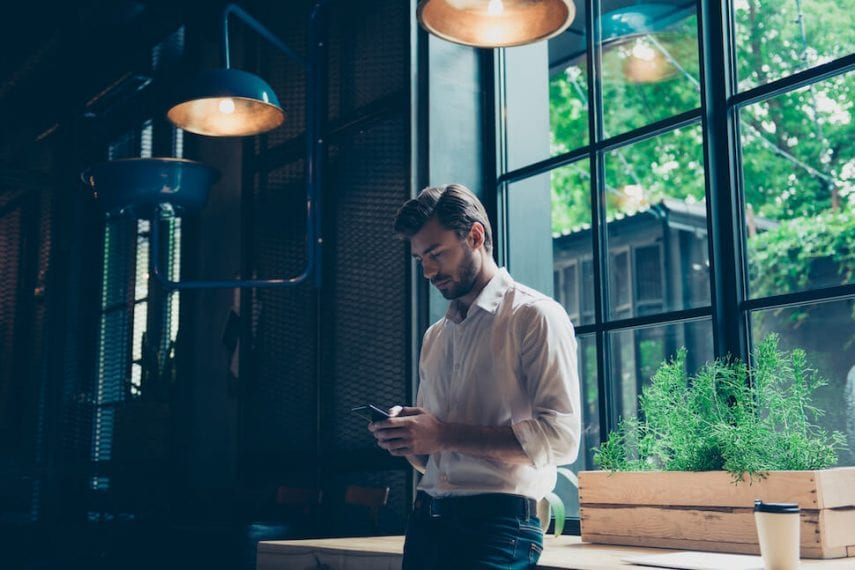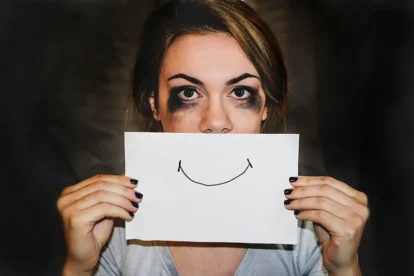The Role Social Media Plays in Alcohol Addiction

Alcohol addiction is a very serious behavioral health issue that can cause or worsen physical health problems and mental illnesses. It causes significant dysfunction and far-reaching complications. Use of social media sites can contribute to alcohol addiction through influence, normalization of regular drinking, and by triggering mental health issues. It is important to understand these connections in order to make better choices regarding alcohol use. It is also essential that anyone struggling with drinking seek professional treatment.
Social media use is ubiquitous, and while there are many positive aspects of these sites, they can also be damaging.
There are healthy social connections to be made, old friends to rediscover, and a virtual way to build a social support network. But on the dark side of social media, these sites have the potential to negatively impact your mental health and even contribute to harmful drinking patterns and alcohol addiction.
Alcohol use disorder is treatable, and if you struggle with drinking it may be time to take a look at your social media habits and to seek treatment.
What Is Alcohol Addiction?
As you take a look at your drinking habits and try to determine if you have a problem with alcohol, it helps to know how professionals define an alcohol use disorder. This addiction can be diagnosed as mild, moderate, or severe. A mild use disorder means you have at least two or three of the symptoms of alcohol addiction:
- You often drink more than you meant or planned to.
- You have wanted to drink less but keep failing at it.
- A lot of your time is spent drinking or recovering the next day.
- You have cravings for alcohol.
- You’re falling behind on responsibilities because of drinking.
- You have cut back on activities in order to drink more or because you needed to recover from a hangover.
- Drinking is causing problems in your relationships.
- You drink in situations that put you in danger.
- You keep drinking even though it causes or worsens any physical or mental health issues.
- You have developed a tolerance to alcohol.
- Withdrawal symptoms begin when you’re not drinking.
These symptoms, and the fact that drinking is causing impairment or dysfunction in your life, indicate you have an issue with alcohol, but only a mental health or addiction professional can make a real diagnosis.
Social Media Influences Drinking Patterns
If you are having a hard time with drinking and moderating your consumption of alcohol, it could be that social media use is a part of the problem. One way that social media plays a role in drinking is through influence. When you see friends drinking or advertisements for alcohol, you are more likely to reach for a drink.
There are even entire groups on social media sites that are dedicated to memes and other content related to drinking. If you see these posts over and over again, it can impact your actions. For instance, you may see a meme about a mom celebrating wine-o-clock at the end of a long day. That message may resonate with you and lead you to turn to a glass of wine to unwind, instead of that cup of tea you were about to make.
There is actual proof from research that this is a real phenomenon, that social media can make you drink more. One recent study looked at several other studies to find a connection between the two. That connection was strong and clear: the more you engage in alcohol-related social media content and interactions, the more likely you are to drink and abuse alcohol.
Another study illustrates just how simple it is for social media to encourage you to drink more. Michigan State University researchers showed half of the study participants advertisements for beer while using Facebook and the other half ads for bottled water. At the end of the experiment they were offered a gift card for participating. They could choose between a bar and a coffee shop. Those who had seen beer ads were much more likely to choose the bar gift card. Even this basic, simple exposure to alcohol increases your inclination to drink.
Social Media Impacts Mental Health
Another way that use of social media can lead to problematic drinking patterns is through the connection to mental health. Use of social media sites has been linked to worse mental health. One recent study from the University of Pennsylvania showed this clearly.
Undergraduate students participating in the study were split into two groups. One limited their social media use to 30 minutes per day, while the other group used the sites as much as they wanted for three weeks. The researchers evaluated the participants before and after for mental health symptoms.
The results showed that the students who limited their use of social media to just 30 minutes per day felt much better than the others who had free rein. They experienced reduced depression over the three weeks as well as less loneliness. The results were especially strong for those who already struggled with depression before the study.
Another recent study helps explain how social media can make you feel depressed, lonely, and anxious. The participants in this study were asked to find someone on social media they found less attractive than themselves and someone more attractive and to leave comments on their posts. The results were that people feel worse about themselves after interacting with someone they perceive as more attractive.
The conclusion of this study is that social media use forces you to compare yourself, your activities, your career, and other aspects of your life with those of others. This and other studies have found that this comparison is an important trigger for mental health issues, particularly depression.
We're Here to Help. Call Today!
866-922-1350Mental Health and Drinking
This connection between social media and poor mental health is important, because mental illness is strongly correlated with substance use disorders. If you struggle with depression, anxiety, or other mental health symptoms, you are at a greater risk for developing an addiction, including an alcohol addiction. Approximately one-third of all people with any mental illness also abuse alcohol or drugs.
For most people, this happens because alcohol acts like a form of self-medication. If you feel depressed, you may turn to drinking to numb your feelings or to try to have more fun and feel happier. When social media use worsens or triggers mental illnesses and feelings of depression, it indirectly increases the risk of problem drinking or substance use.
Treating Alcohol Addiction
Limiting social media is a good step to take if you have been struggling with drinking, but it may not be enough. It may be time to seek out professional help if you feel as if you can’t stop drinking on your own. A residential treatment center that focuses on addiction and mental health can address all of your needs in a safe, healing environment.
Treatment for alcohol addiction and any mental illness you have will likely include behavioral therapies, relationship or family therapy, group therapy and support, and medical care. Residential centers can also offer you a host of supplemental services, like relapse prevention, skills training, alternative therapies, recreation, and exercise and nutrition programs.
Social media isn’t all bad, but these sites can be damaging if you don’t take steps to control your use of them. Drinking is a habit that can also quickly get out of control, and the two are unfortunately linked. Try limiting the time you spend on social media and how much you drink, but if you can’t do this on your own, alcohol treatment is available and can help you make positive and lasting changes.
Alta Mira offers comprehensive treatment for people struggling with drug and alcohol addiction as well as co-occurring mental health disorders and process addictions. Contact us to learn more about our renowned Bay Area programs and how we can help you or your loved one start the journey toward lasting recovery.






